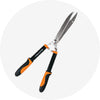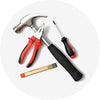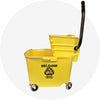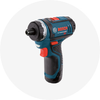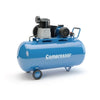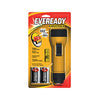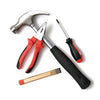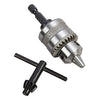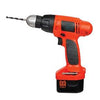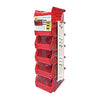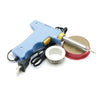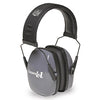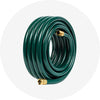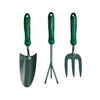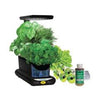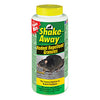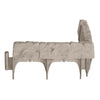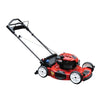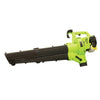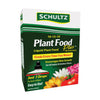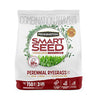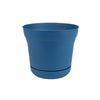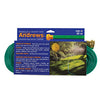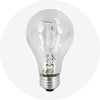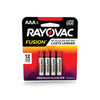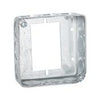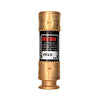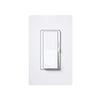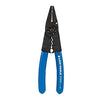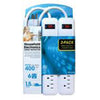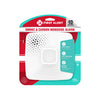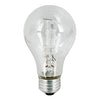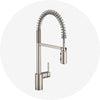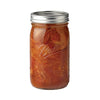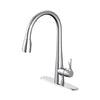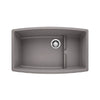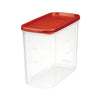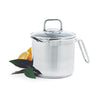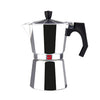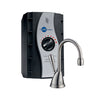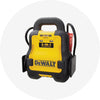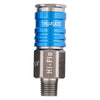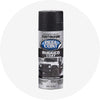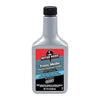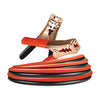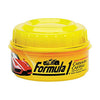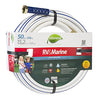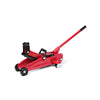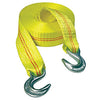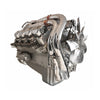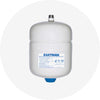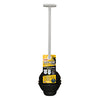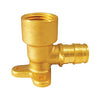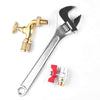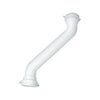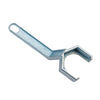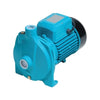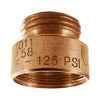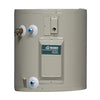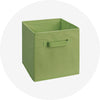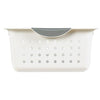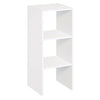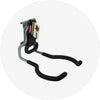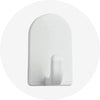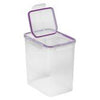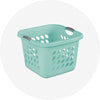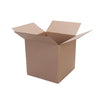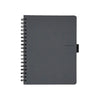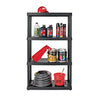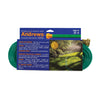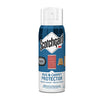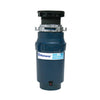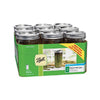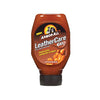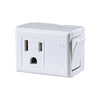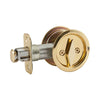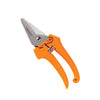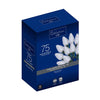10 Easy Tips for Feeding Winter Birds
∙ min read
No matter where you live, chances are good that you have some species of birds that stick around in the winter. Finches, jays, woodpeckers, and cardinals tend to stay put and forage throughout the colder months, and these feathered friends appreciate your offerings when the environment may not be as generous. Just like anyone else, winter birds do have some dietary preferences and safety concerns which are easy to accommodate if you follow these simple suggestions.
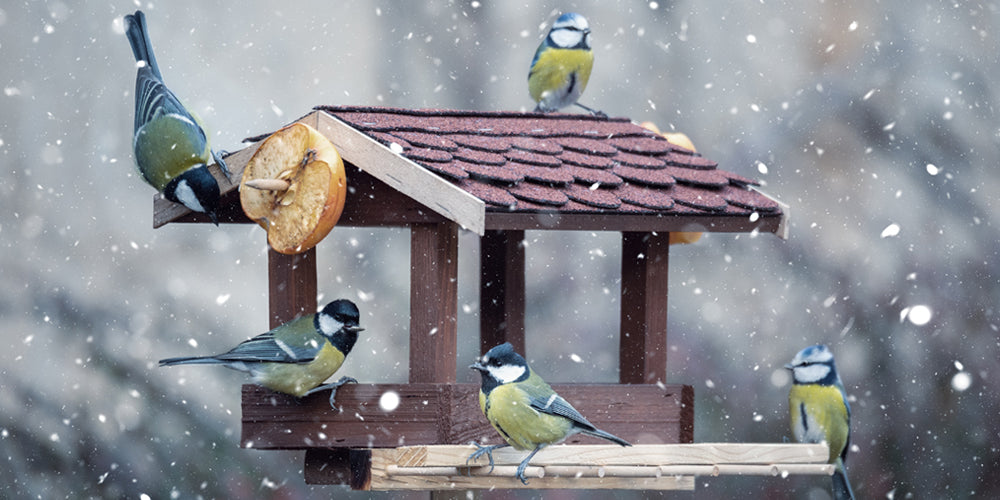
Be Consistent
Winter birds may start to depend on your feeders to see them through the coldest days, so you should stay on top of filling them or scattering seed regularly. If you enjoy watching birds feed on your property, build feeding time into your schedule. The birds just may reward your efforts with regular visits.
Pick a Spot
Consider why certain locations in your yard are ideal for a feeder or bird house. Birds want to feel safe and protected from predators when they eat, and if you place feeders near shrubs or trees that offer that security, winter birds may be more likely to feed there.
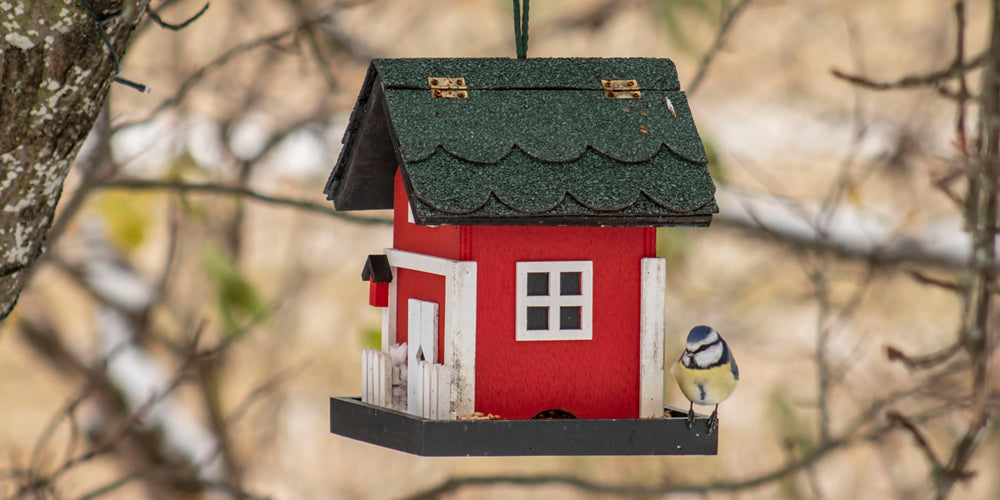
Know Your Food
The kind of food you offer can make a difference for feeding birds in the winter. A popular option are black sunflower seeds, which appeal to most birds. A fatty food, such as suet or peanut butter, may supplement the other foods and help birds insulate themselves from the cold. Peanuts and thistle seeds are also crowd pleasers with several species of birds.
Get a Good Feeder
Once you have stocked up on the right bird food, make sure your feeders are good for the winter season. An open tray feeder makes fast food a reality for birds, giving them the freedom to drop in and flit off as often as they need to while avoiding predators. A suet basket is another good choice because it holds blocks of suet mixed with seed while sheltering it from winter moisture. Easy access is what attracts winter birds, especially if they can get away quickly if they feel threatened.
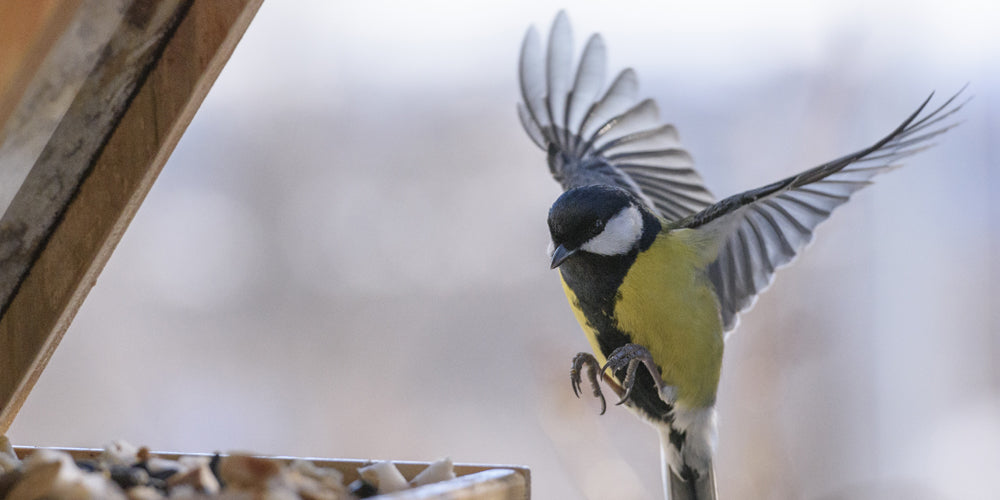
Hit the Ground
Not all birds want to dine at a pedestal or stand high in the air, and if you want to attract these ground feeders to your yard, be sure to spread the right kind of food. Millet and cracked corn work well for ground birds such as doves or sparrows. Just sprinkle it on the ground in a safe spot or use a small platform that is low to the soil. Do not put out more than a day's worth of seed as you do not want to attract too many rodents to your yard.
Mask the Glass
A common problem that homeowners face in the winter is birds flying into glass windows and doors. With less foliage blocking windows, birds may think they have a clear path through to the other side of the yard and smack into the glass instead. Place indoor plants close to windows or use sheer curtains that allow plenty of natural light in yet block a bird’s-eye view to the rest of the yard. Even small stickers on windows can deter winter birds from harming themselves.

Get a Guide
Invest in a bird guide to help you identify the winged visitors to your property and learn what to feed them. Look for one that is specific to your region or that has color photos to make identification easier. If you are not ready to become that serious about bird watching and feeding, just make time to listen and pay attention. You may soon recognize the same birds returning at consistent times to feed, and they may even chatter at you to refill an empty feeder.
Freshen the Food
Would you want to eat weeks-old food that was left out in the snow or rain? Neither do most birds. Put out fresh food often, and do not overfill the feeders. You may end up feeding the squirrels too, and you may not want to make it too easy for them to treat your bird feeders like a buffet. If you are in the south and hang hummingbird feeders outside this time of year, you should be especially vigilant to provide fresh nectar every few days so it does not spoil when you feed hummingbirds.

Clean Them Out
Bird feeders can get a little nasty with regular usage. Keep your winter bird pals healthy by cleaning out your bird feeders often. You do not want mold or bacteria to contaminate any bird food that you offer. Cleaning a bird feeder is not a fun task, but it can make a difference in the health of those songbirds that bring you joy on the bleakest of winter days.
Offer Fresh Water
Birds also need to stay hydrated, and water in liquid form may not be as readily available as it is in the warmer months. Why not set up a heated pedestal bird bath for your feathered friends? If your temperatures stay consistently above freezing, you may want to put a water mister outside for hummingbirds and other species that prefer that method of moisture.

Once you get the hang of bird feeding care and maintenance, you can sit back and enjoy the show right outside your window. For more tips for bird feeding from seed and nectar to a great selection of feeders, we have you covered.
Shop our Bird Feeding Collection.
